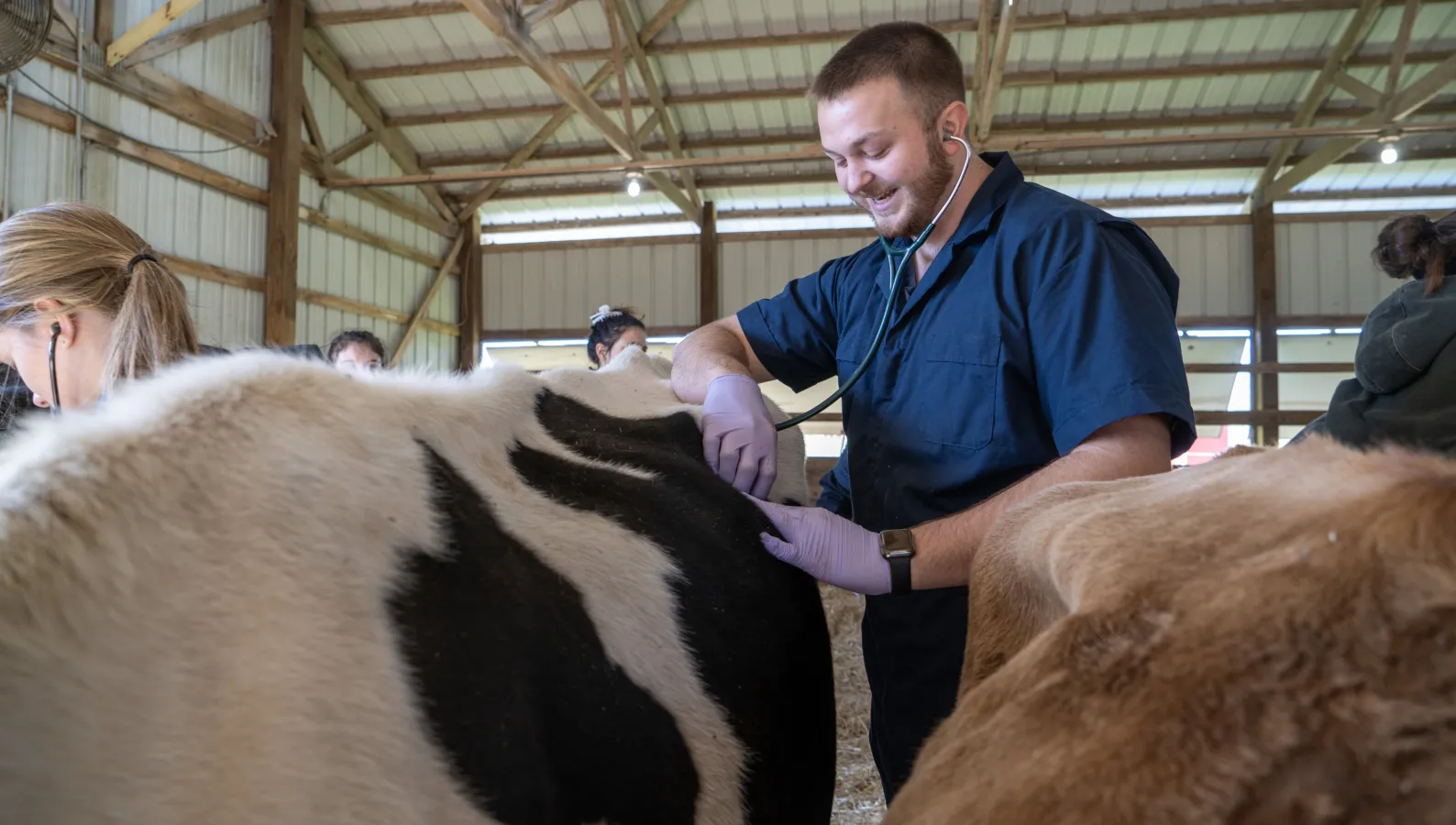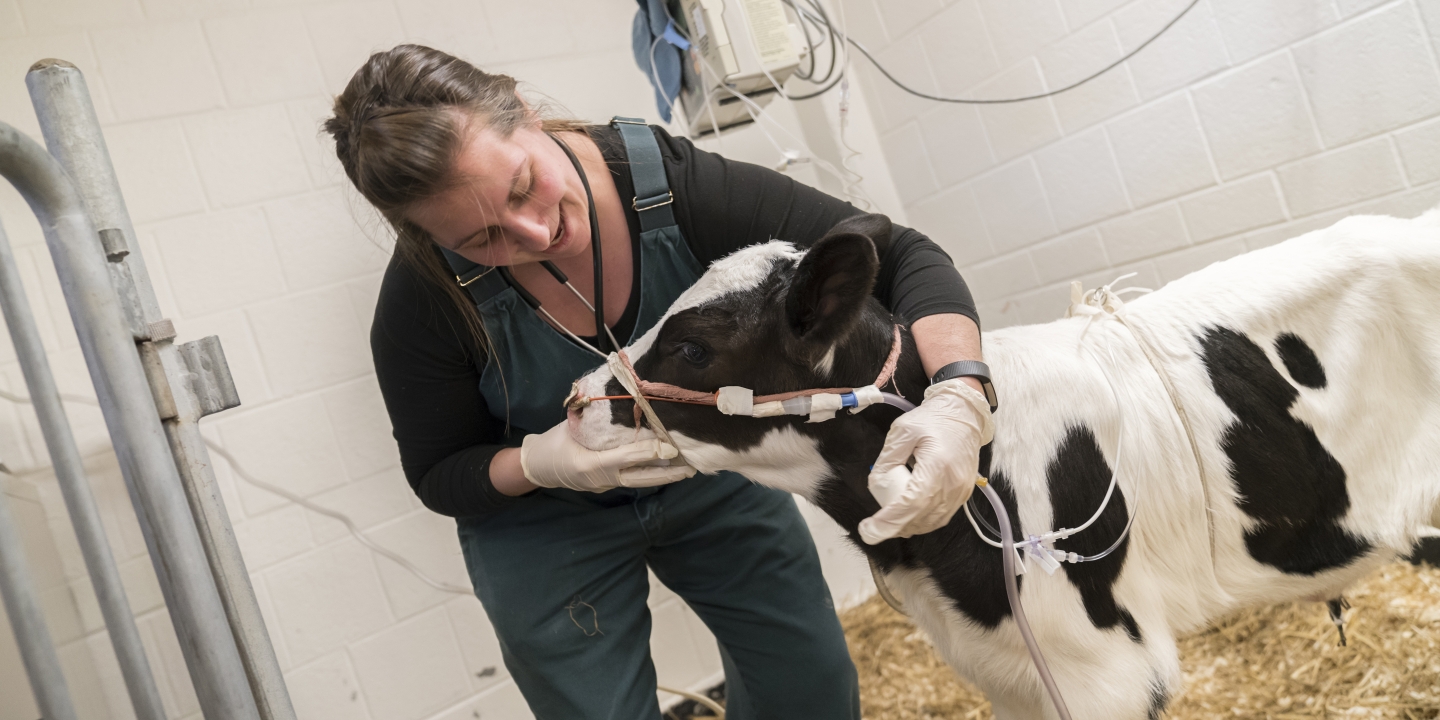Understanding the Function of a Vet Oncologist in Your Pet dog's Cancer cells Care
A vet oncologist focuses on diagnosing and dealing with cancer in animals. Their expertise is important for developing personalized treatment strategies that address the one-of-a-kind requirements of each animal. Early medical diagnosis can greatly affect end results, making their role a lot more important. Comprehending the numerous therapy options and exactly how these professionals team up with primary veterinarians is vital. What techniques do they use to boost your pet dog's top quality of life throughout this challenging time?

What Is a Vet Oncologist?
A vet oncologist is a customized veterinarian who concentrates on dealing with and diagnosing cancer cells in pets. These experts have innovative training in both vet medication and oncology, enabling them to recognize the complexities of cancerous conditions in pets. Their knowledge allows them to perform a variety of analysis treatments, consisting of imaging methods and laboratory tests, to accurately identify various kinds of cancers in animals.
Along with diagnosis, vet oncologists develop customized treatment strategies, which might include surgical treatment, radiation treatment, radiation therapy, or palliative care. They work very closely with animal owners to explain treatment alternatives and possible outcomes, ensuring that family members make notified decisions concerning their pet dogs' care. Vet oncologists often collaborate with various other veterinary professionals and general specialists, creating an extensive technique to family pet health. By concentrating on cancer cells care, they play a crucial duty in boosting the lifestyle for pet dogs detected with hatreds.
The Relevance of Very Early Medical Diagnosis and Therapy
Early diagnosis and treatment of cancer cells in animals considerably boost the chances of effective results and enhanced top quality of life. Veterinary oncologists can implement targeted treatments that might slow condition development and alleviate signs when cancer is recognized in its very early stages. This aggressive method enables for far better administration of the disease, potentially resulting in longer survival times and enhanced comfort for the pet.
In addition, very early discovery typically implies that therapy alternatives may be much less invasive and much more reliable, decreasing the overall burden on both the pet and its owner. Routine vet examinations and understanding of subtle behavior modifications are vital, as they can facilitate prompt diagnoses. Owners ought to continue to be cautious and consult their veterinarian at the initial indication of issue. Veterinary Cancer Specialist. Inevitably, a very early diagnosis empowers family pet proprietors to make enlightened choices about their pet's care, considerably influencing the total journey through cancer monitoring
Treatment Alternatives Used by Veterinary Oncologists
When confronted with a cancer cells medical diagnosis, pet proprietors can discover a selection of therapy alternatives supplied by vet oncologists that are tailored to the particular requirements of their animals. These specialists typically use a combination of surgical procedure, radiation treatment, radiation treatment, and immunotherapy. Surgical intervention may aim to remove tumors or impacted tissues, while radiation treatment uses medications to kill and target cancer cells, usually administered in cycles.
Radiation treatment focuses on making use of high-energy rays to diminish growths and alleviate discomfort. Immunotherapy, an extra current innovation, utilizes the pet's body immune system to eliminate cancer more efficiently. Additional encouraging treatments, such as discomfort monitoring, nutritional assistance, and palliative care, are also necessary elements of a complete therapy plan. By assessing each instance individually, vet oncologists guarantee that the chosen address treatment lines up with the animal's general health and cancer cells kind, maximizing the possibilities of a positive result.
The Collaborative Technique: Working With Your Main Vet
Partnership in between vet oncologists and main vets is crucial for offering extensive treatment to animals detected with cancer cells. This partnership guarantees a thorough approach to therapy, integrating the specialized understanding of oncologists with the recurring care offered by key veterinarians. With each other, they examine the pet's wellness, develop personalized therapy plans, and monitor the pet's progress throughout the cancer cells trip.
Main vets usually function as the preliminary point of get in touch with, recognizing prospective indicators of cancer cells and referring clients to oncologists for specialized diagnostics and therapy options. Complying with the oncologist's suggestions, the key veterinarian plays an essential function in taking care of the pet's general wellness, including discomfort administration and supportive care.
Reliable interaction between these specialists promotes a unified approach, enabling for timely interventions and changes to therapy as needed. This collective strategy ultimately boosts the top quality of care and assistance for pet dogs and their proprietors during a difficult time.


Sustaining Your Pet Dog Through Cancer Care
Sustaining a family pet through cancer cells care calls for an extensive understanding of the physical and emotional difficulties encountered by both the pet and its owner. Caregivers have to listen to the visit site family pet's changing requirements, which may include handling discomfort, changing diet plans, and checking negative effects from therapies. Providing a comfortable, stress-free setting is necessary for the pet's wellness.
Emotional assistance is just as important; proprietors must seek to continue to be favorable and engaged while understanding their very own feelings of anxiety and despair. Producing an assistance network, including vets, family members, and good friends, can relieve some worries.
Furthermore, pet dog owners must enlighten themselves about the details sort of cancer cells and treatment options offered, promoting notified conversations with veterinary oncologists. Ultimately, a caring technique, integrated with proactive care and support, can improve the animal's high quality of life throughout this challenging journey.
Regularly Asked Concerns
Just how Do I Pick the Right Vet Oncologist for My Pet dog?
Selecting the appropriate veterinary oncologist involves looking into credentials, seeking recommendations, examining experience with specific cancers, assessing interaction designs, this contact form and visiting facilities to ensure a comfortable setting for both the pet dog and proprietor throughout treatment.
What Should I Anticipate During the First Visit?
During the first consultation, the animal owner can expect a comprehensive exam, discussion of case history, diagnostic tests, and a treatment strategy overview. The veterinarian will address worries and supply assistance for recurring care.
Exist Any Prices Associated With a Vet Oncologist's Services?
Costs connected with a veterinary oncologist's solutions can differ significantly based upon area, therapy complexity, and required diagnostics. Veterinary Oncologist. Animal owners should expect expenditures for assessments, tests, and potential ongoing treatment plans tailored to their animals' needs

Can My Family Pet Still Obtain Normal Vet Care While Seeing an Oncologist?
Pet dogs can obtain regular veterinary treatment while seeing an oncologist. Coordinating therapies assurances complete wellness administration. Regular check-ups enhance specialized cancer cells treatment, enabling holistic surveillance of the pet's total wellness and dealing with various other health issues.
What Resources Are Offered for Animal Owners Throughout Their Family pet's Cancer cells Trip?
Different resources are offered for pet proprietors steering their pet dog's cancer trip, including assistance teams, on-line discussion forums, instructional internet sites, and financial assistance programs, all aimed at supplying guidance, emotional support, and practical information during this challenging time.
A vet oncologist is a customized vet who concentrates on dealing with and diagnosing cancer cells in animals. They function closely with pet proprietors to explain treatment choices and possible outcomes, ensuring that households make educated decisions about their pet dogs' care. When faced with a cancer diagnosis, pet proprietors can discover a variety of therapy options offered by veterinary oncologists that are tailored to the certain requirements of their animals. Collaboration between key vets and vet oncologists is important for supplying extensive care to pet dogs detected with cancer cells. Additionally, family pet proprietors should educate themselves regarding the certain kind of cancer cells and therapy alternatives readily available, cultivating informed conversations with vet oncologists.